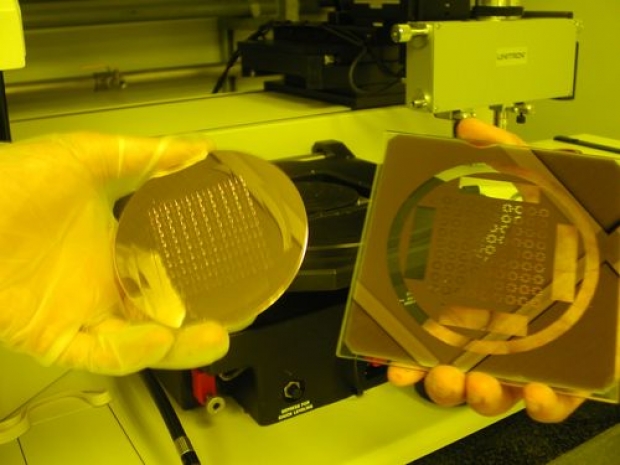The cunning plan will mean that its subsidiary in China, United Semi, can then move to 28nm to meet the ever-rising demand for the 28nm products in the country.
UMC is currently competing with SMIC in the 40nm-process segment and the competition will soon move forward to 28nm.
United Semi, has begun construction of its 12-inch fab, which is scheduled to enter trial production at the end of 2016 and begin mass production in 2017.
The 12-inch fab in China will be confined to producing chips using 55nm and 40nm processes which is a generation behind UMC's prevailing advanced 28nm process.
To waive off the investment restriction in China, UMC has to improve its manufacturing process into more advanced 18nm, 16nm or 14nm processes so that it can sell the older tech across the China Sea.
Moving to 18nm is quicker than developing its 14nm FinFET process.
The 18nm process thus looks like a feasible and less expensive alternative for UMC to migrating into more advanced process while producing 28nm chips in China ahead of SMIC or other China-based counterparts.

